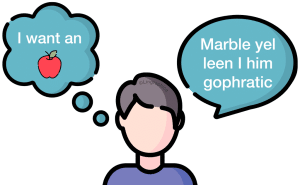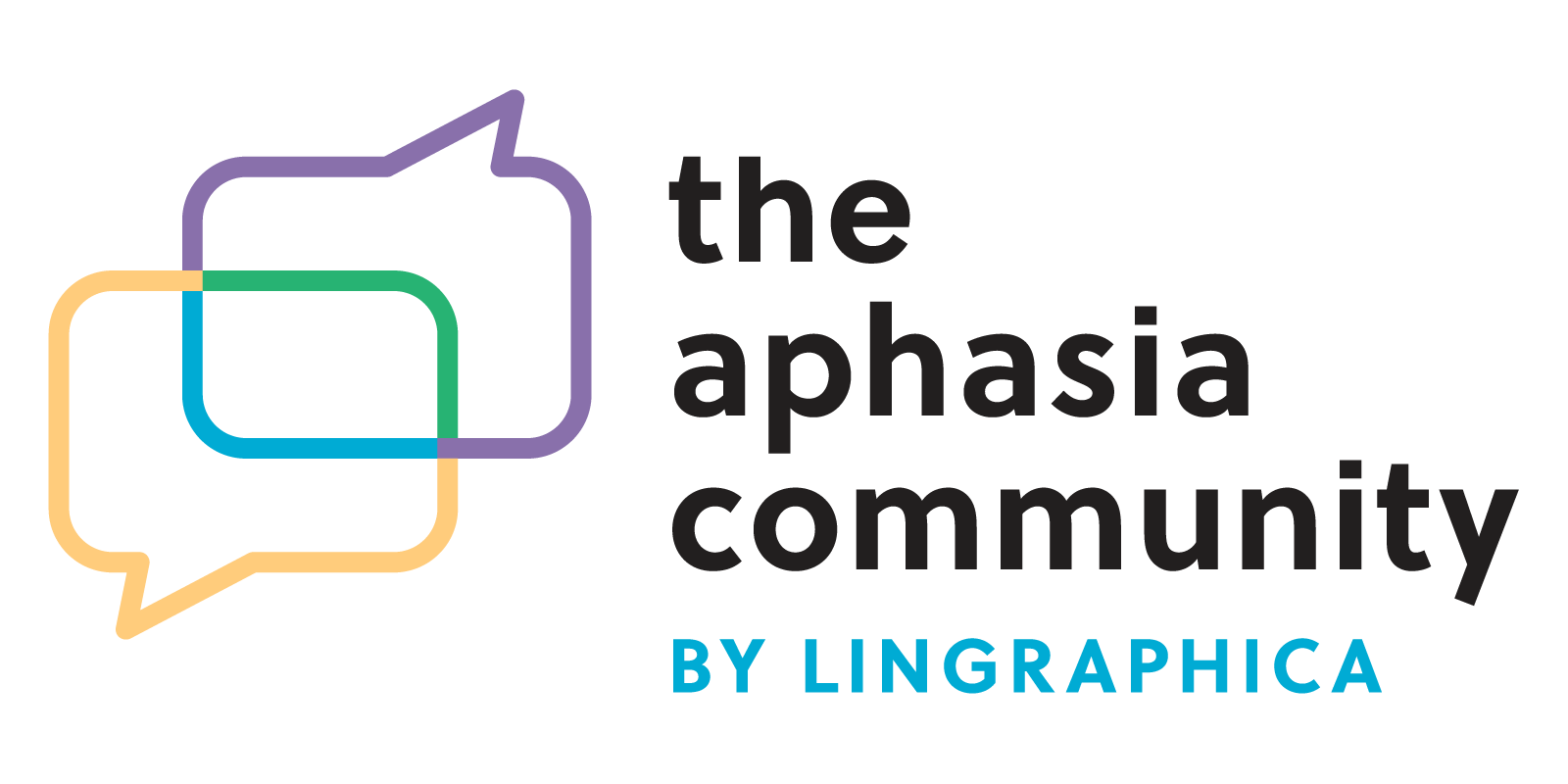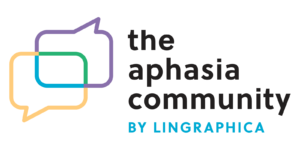Primary Progressive Aphasia
How Does PPA Progress Over Time?
At first, PPA usually presents as a mild speech/language impairment. Symptoms vary depending on which areas of the brain have been affected. Some people will experience non-fluent speech. This means their speech is halting with an atypical rhythm and intonation. People who experience non-fluent speech are likely to produce fewer words. Other people will have fluent speech but might have issues with word-finding and comprehension. In later stages, the aphasia becomes severe and other symptoms are often present. Eventually, most people with PPA are unable to produce verbal language. They are likely to have severe language comprehension impairments. Reading and writing also become impaired. Some people will also experience other symptoms, such as memory loss. However, many people are still able to care for themselves and participate in chosen activities even with more advanced PPA.The Three Types of Primary Progressive Aphasia
- Semantic: Difficulty with naming items and comprehending the meaning of words
- Nonfluent/agrammatic: A reduced amount of speech output and difficulty pronouncing words. Speech becomes slower and halting, and there is impairment with sentence structure and grammar.
- Logopenic: impairments in word-finding. Likely to also have difficulty repeating spoken language.
Treatment for Progressive Primary Aphasia
Although all types of PPA are progressive, it can still be helpful to work with a speech-language pathologist (SLP). The SLP can select therapy tasks to try to maintain current levels of functioning for as long as possible. More importantly, SLPs can identify strategies and techniques to make communication easier as PPA progresses.
It can be helpful to look into augmentative and alternative communication (AAC) devices in the earlier stages of PPA. It is easier for someone to learn to use an AAC device while their comprehension is less impaired. This can lead to more successful device use in later stages of PPA. In addition, voice banking can be an option for people with PPA who begin to use AAC devices while they still have verbal language. This means that they can save messages recorded in their own voice.
Using strategies recommended by an SLP and the rest of the medical team, people with PPA can continue participating in their communities and hobbies even as the disease progresses.
The Most Common Types of Aphasia

Anomic Aphasia
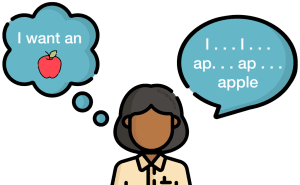
Broca's Expressive Aphasia
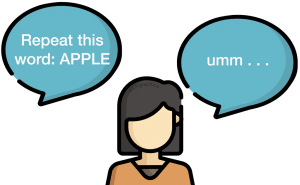
Conduction Aphasia
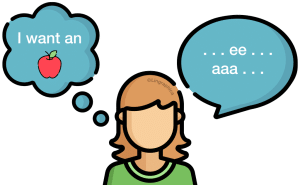
Global Aphasia
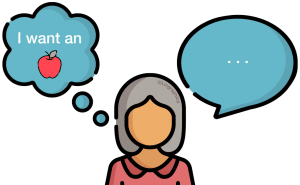
Primary Progressive Aphasia
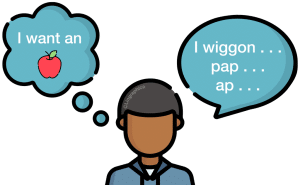
Mixed Transcortical Aphasia
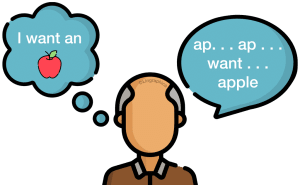
Transcortical Motor Aphasia
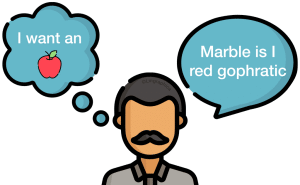
Transcortical Sensory Aphasia
